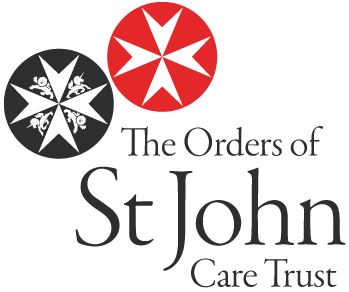NICE quality standards set out priority areas for quality improvement. Each standard includes a set of statements to help improve quality, and information on how to measure progress.
Our quality standards help people understand the quality of services and care they should expect. Providers and commissioners use them to assess performance and make improvements. These examples show how people have used NICE quality standards to improve the quality of the care they’re providing or commissioning.
Using quality standards in social care commissioning

London ADASS (the London branch of the Association of Directors of Adult Social Services) have worked with a group of social care commissioners and the NICE field team to develop a commissioning quality schedule based on our quality standards.
Standards for care homes have been agreed and rolled out across all 33 London local authorities, meaning all commissioners and all providers in the region are now using our quality standards. Standards for home care services are being developed and piloted with input from NICE and will be rolled out next year.
NICEimpact adult social care:
- Introduction
- People's experience of care and support
- Managing medicines
- Intermediate care including reablement
- Using our quality standards to improve adult social care
- Commentary
- Published July 2019
We've produced a quality improvement resource to help commissioners use our quality statements and recommendations in local work such as contract specifications, quality dashboards or self-assessment tools. The resource brings together our quality standards and guidelines on managing medicines in an easy to use format, mapped against Care Quality Commission key lines of enquiry.
Improving quality in care homes

The Orders of St John Care Trust, a charity care provider, used 5 of our quality standards to create audit tools for their 70 care homes. These audits helped them identify areas for improvement, such as supporting people to live well with dementia.
The audits also helped them confirm they were already following best practice in other areas and raised awareness of NICE standards and recommendations across the organisation.
Their audit template has now been revised to encourage homes to develop practice even further, in excess of our quality standards. They’ve described how they developed their audits, what they’ve learned from the process and how they’re continuing to improve quality, in a NICE shared learning example.

A quality improvement project using our quality standards led to a reduction in unexpected hospital admissions from care homes in East Berkshire.
The project used our quality standard on urinary tract infections (UTI) in adults, alongside recommendations from our guidelines. It was supported by one of our medicines and prescribing associates.
The project promoted hydration and correct diagnosis in 4 care homes which had a higher than average number of admissions for UTIs. It focused on training as well as introducing food and fluids charts and structured drinks rounds. Since it started, the incidence of UTIs has reduced.
The project's already been rolled out to another 9 care homes in the local area and there's been lots of interest from other areas. More details, including how the project was implemented and what the project leads did to make it so sucessful, are available in a NICE shared learning example.
Quality matters: working better together

The quality of adult social care matters. People who use services should be able to expect person-centred care that is safe, effective, caring and responsive.
The Quality Matters initiative is a shared commitment to high quality adult social care, co-led by partners from across the sector including NICE. It recognises that no single person or organisation can improve the quality of adult social care on their own.
To help local health and adult social care systems work better together to improve quality, NICE and our national partner organisations have produced the unlocking capacity: smarter together resource. It's aimed at system leaders with the power to work differently. It shows how collaborative working between health and adult social care can improve outcomes for people and make better use of limited resources.
It includes case studies from local areas, and lists high level steps to support collaborative working. It also include details of the offers and resources produced by national organisations, including NICE, to support local systems with collaborative work.